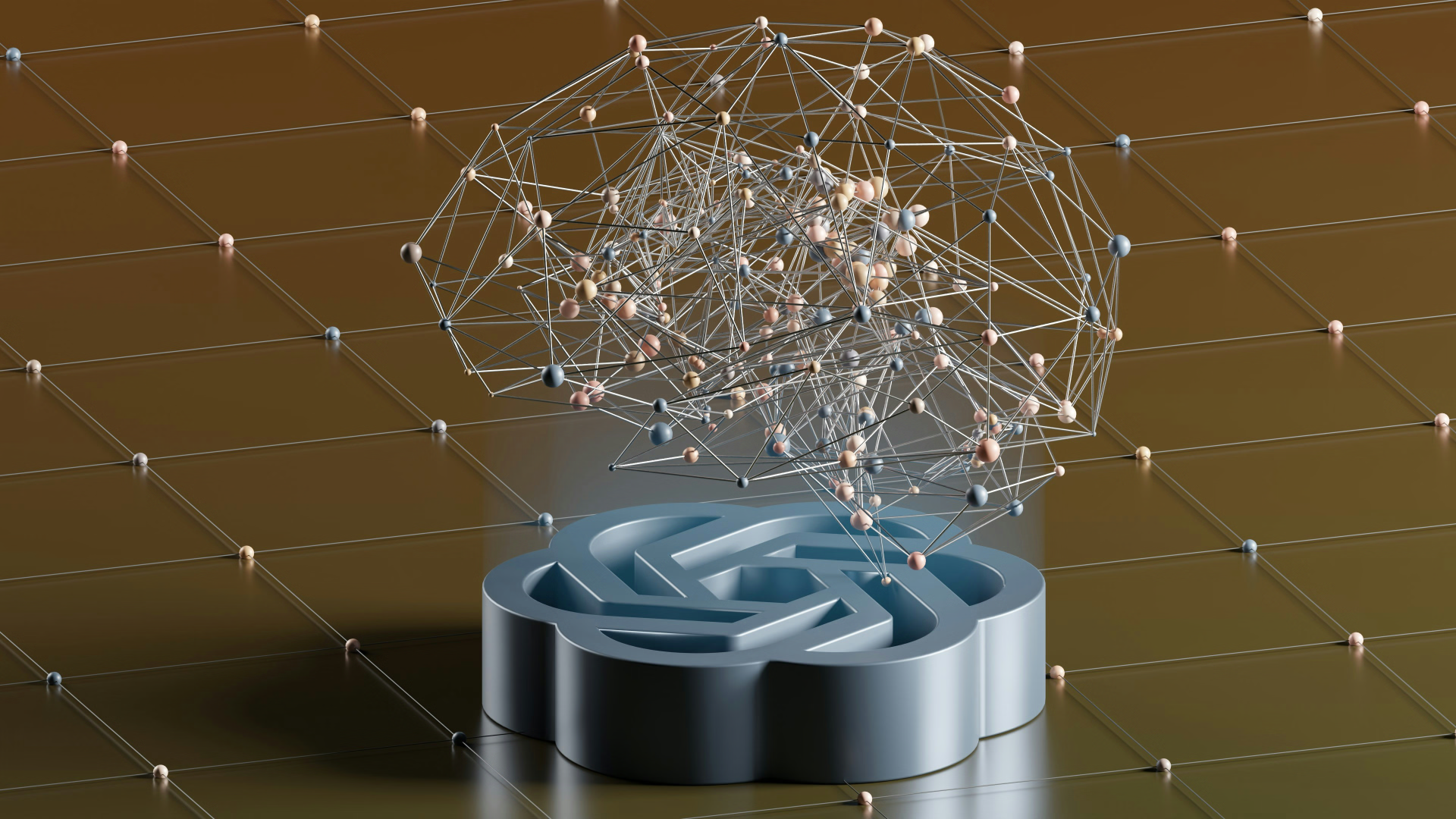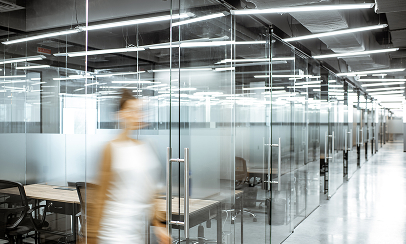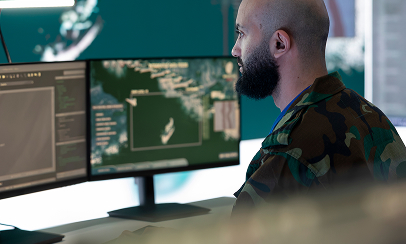
Anxiety over artificial intelligence is rising fast. From fears of job loss to concerns about privacy and relevance in a changing workforce, people are questioning where they fit in a world that increasingly runs on algorithms.
Psychologist Mary Alvord has seen it firsthand. In a recent Scientific American article, she described patients worried about students cheating with AI tools, the erosion of digital privacy, and a growing sense of human obsolescence. These fears aren’t hypothetical. Academic research confirms that as AI becomes more capable and more common, the pressure on workers will likely grow.
In a similar fashion, a report from the World Economic Forum found that over 85% of employers see AI, big data, and immersive technologies as the primary forces reshaping business. Automation and robotics followed close behind. While long-term productivity gains remain uncertain, the short-term disruption is real. Jobs that rely on pattern recognition, language processing, or routine digital tasks such as data entry, admin roles, graphic design, claims processing, are disappearing the fastest.
Notably, the impact is uneven. A joint report from the International Labour Organisation and Poland’s National Research Institute estimates that one in four jobs is vulnerable to change from AI. In wealthier countries, that figure rises to one in three. Women are hit hardest, in high-income countries, 9.6% of jobs held by women are at high risk of automation, compared to 3.5% for men. And it’s not just clerical roles. The ILO highlights that highly digital, cognitive roles in finance, media, software, writing are now in AI’s sights too.
These shifts come on top of existing cracks in the way work is structured. The COVID-19 pandemic triggered a major reset. Remote work, flexible hours, and the so-called “Great Resignation” weren’t new trends, but the pandemic gave them momentum. At the same time, the traditional employer-employee contract has frayed. Job security is down. Gig work is up. Workers are more anxious, and less invested than they’ve been in decades.
So, how should people respond?
Psychologists offer a few starting points. First: acknowledge the fear. Then try out the technology, step back from it when needed, and focus on areas where human strengths still matter most.
Among those, skill-building remains key. A recent study surveyed global research to identify the top “future of work” capabilities. Ten came up repeatedly: collaboration, communication, creativity, critical thinking, cross-cultural understanding, decision-making, adaptability, problem-solving, learning, and social intelligence.
These are not tech skills, they’re human ones. They matter because they’re hard to automate. Machines can generate text and surface data, but they still struggle to read a room, build trust, make ethical decisions, or work across cultures. For workers anxious about AI, focusing on these human traits isn’t just comforting - it’s strategic.
Researchers say AI tends to affect work in three ways, replacing tasks, augmenting tasks, or creating new ones. The most promising path lies in the second. Rather than see AI as a rival, it can be treated as a partner, one that expands what people can do.
This approach, sometimes called “collaborative intelligence,” reframes the conversation. It moves away from fear and towards possibility. Instead of asking what AI might take away, it invites a better question: how can human intelligence work with machine intelligence to solve problems, spark ideas, and shape the future of work?
In the face of change, that kind of insight may be the most useful skill of all.








